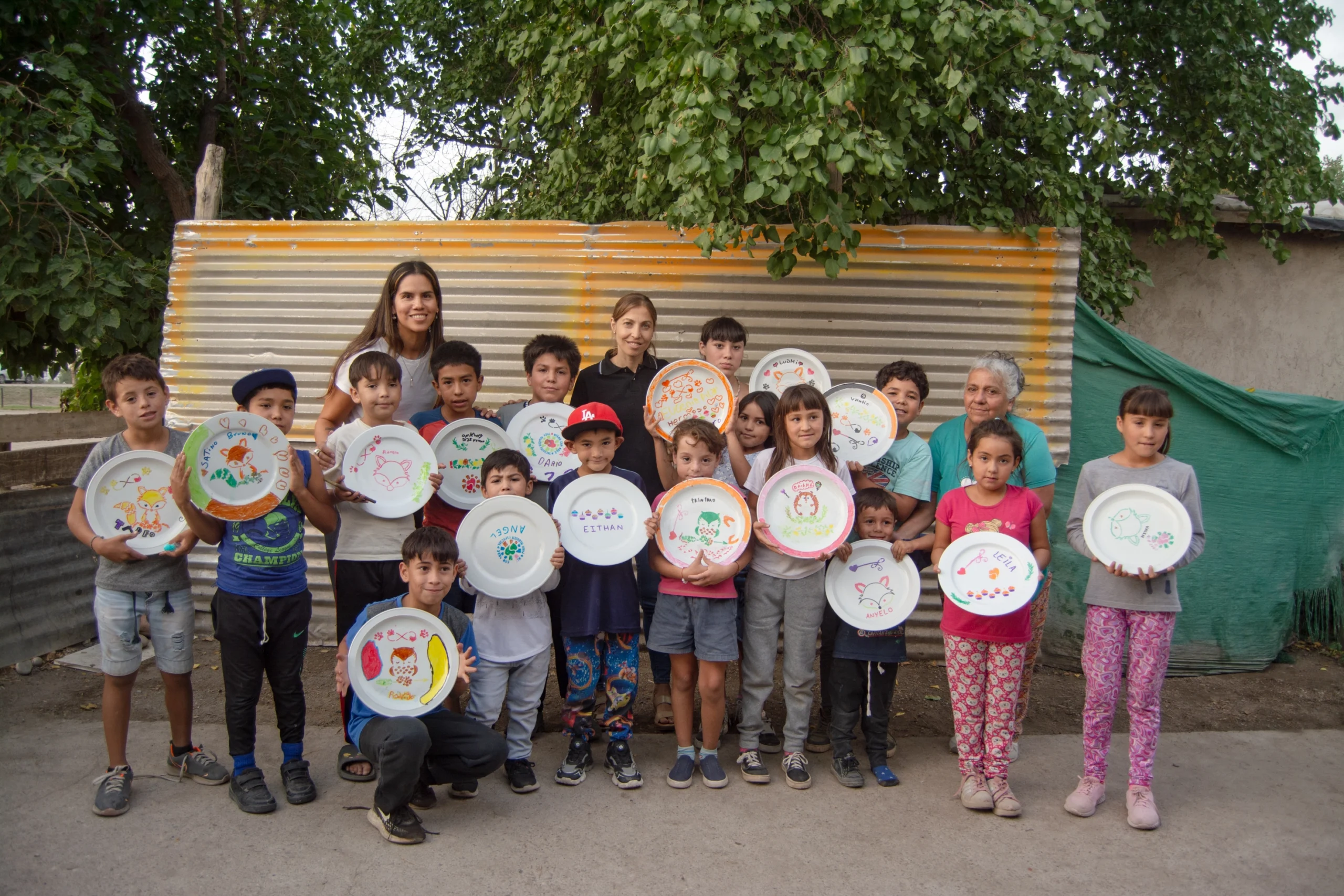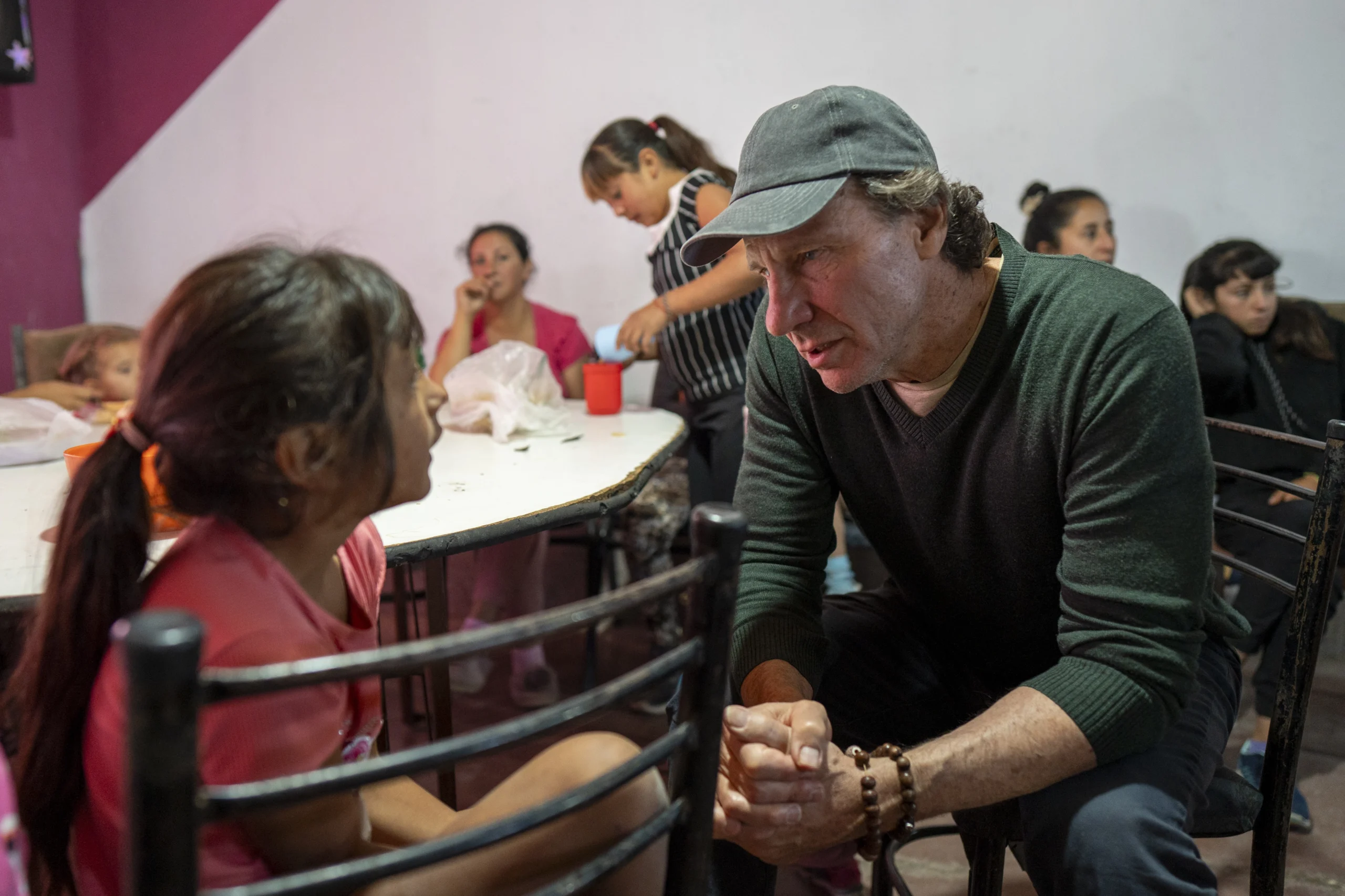Animal Health:
The implementation of a comprehensive program allows for the examination of each animal that enters the mobile veterinary spaying unit, enabling intervention in the first instance and also referral in the event of a presumptive diagnosis of a more complex disease.
Preventive veterinary medicine can be implemented and result in a decrease in the epidemiological incidence of infectious diseases in animals that visit the mobile spaying unit.
The program can be complemented by pre-existing health programs at the municipal, provincial, and national levels, as it provides an operational framework for such implementation, such as rabies vaccination and strategic deworming.
The possibility of having animals under the informed consent of the owners is an invaluable sampling niche for health and epidemiological research that leads to the implementation of other health programs, both animal and human, in communities.
Education Plan for community responsibility is fostered through education. Here, we divide education on community responsibility into two stages: one prior to acquiring a companion animal and one after.
– Before acquiring the animal, the following premises are encouraged:
A strong desire to have the animal.
Time to dedicate to it.
Necessary space for good coexistence and quality of life.
Knowledge about its needs, behavior, and the human-animal bond.
Resources to maintain it.
– A companion animal is for life.
The decision to adopt and incorporate it into the family is very important and a responsibility that should not be taken impulsively and without proper evaluation.
– After acquiring the animal
Basic Health Plan: Information on internal and external deworming, vaccination plan, and benefits of sterilization.
Animal Identification: Providing advice on methods and benefits of animal identification.
Home Confinement: Explaining the conditions under which animals must remain within the property of the owner, indicating the methodology for being in public areas.
Respect for Current Legislation: Providing information on municipal ordinances, provincial, and national laws related to the issue of pet ownership.
Awareness of Zoonotic Diseases: Providing prophylactic information for zoonotic diseases.
– Responsible Pet Ownership Plan
Systematic, sustained, and improved implementation of all the points mentioned above results in the generation of responsible pet ownership, leading to a better quality of life for both the community and the animals, improving the health and well-being of both.
Our shelter not only transforms individual lives—it also contributes to broader community well-being by reducing stray populations and promoting responsible pet ownership. Every adoption is a step forward in building a more humane and caring society.














